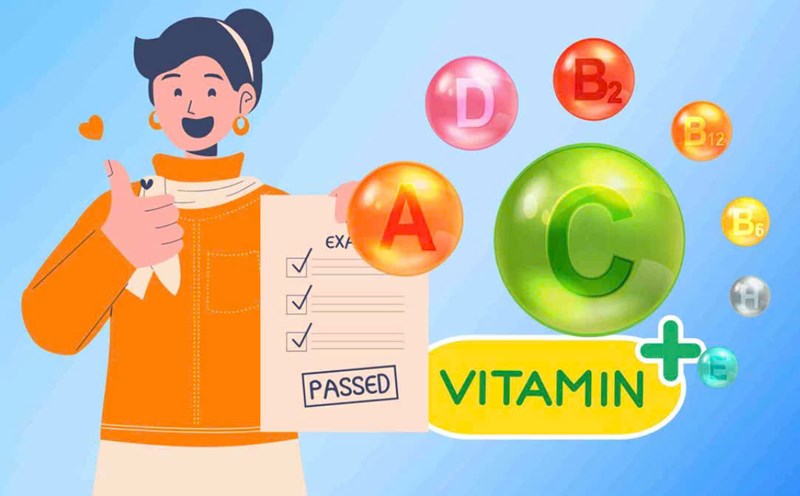Synthetic vitamin supplementation has long been considered by many elderly people to be a way to maintain health, prevent aging and prevent diseases. However, there is increasingly scientific evidence that the benefits of these tablets are unclear, and can even be harmful if used incorrectly.
A report published in 2022 in Annals of Internal Medicine, conducted by a research team from Johns Hopkins University (USA), compiled data from more than 20 major studies and concluded that the use of synthetic vitamins in older adults is not clearly effective in reducing the risk of death, cardiovascular disease or cancer.
Most elderly people with a balanced diet will not need synthetic vitamins, says Dr. Eliseo Guallar, an epidemiologist at Bloomberg School of Public Health. Excessive use is sometimes more harmful than beneficial.
In fact, the aging process causes the body to absorb less certain micronutrients such as vitamin B12, vitamin D, calcium and iron. However, that does not mean that all elderly people need synthetic vitamins. People with a poor nutritional diet, irregular diet or poor absorption can be considered for supplementation, but must have clear instructions from a doctor.
Overusing synthetic vitamins without medical monitoring can lead to many risks. Many people arbitrarily take high doses, with the mentality of "more than enough is more than enough", while taking too much micronutrient such as vitamins A, E, or iron can damage the liver, increase blood pressure, consume, and even cause long-term toxicity, especially dangerous in the elderly with resistance and impaired liver and kidney function.
The World Health Organization (WHO) also does not recommend the use of mass synthetic vitamins for healthy elderly people. Instead, a rich diet rich in green vegetables, fruits, whole grains, fish and nuts is still a fundamental solution to help maintain health and prevent chronic diseases.











